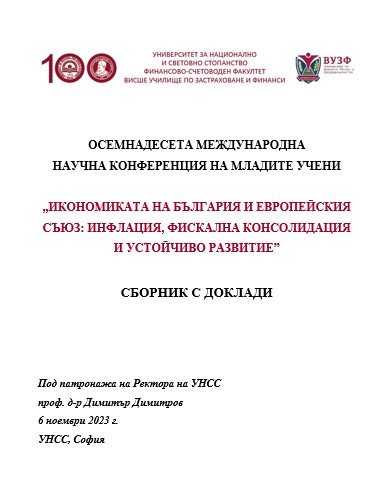The Impact of AI Penetration on the Labor Market
The Impact of AI Penetration on the Labor Market
Author(s): Ivan Dimitrov
Subject(s): Politics / Political Sciences, Politics, Social Sciences, Economy, Supranational / Global Economy, Sociology, Labor relations, Economic development, ICT Information and Communications Technologies, Socio-Economic Research
Published by: Университет за национално и световно стопанство (УНСС)
Keywords: artificial intelligence; labor market
Summary/Abstract: Following the popularization and rise of Artificial Intelligence (AI) since the previous year via its most well-known manifestation via ChatGPT, a growing number of companies in Europe and around the world have started to heavily utilize AI in their daily operations. The impact of its penetration and deployment has led to changes in the job market. Now the public opinion has changed and many workers have started to worry about their jobs. In this article, we briefly examine the impact of artificial intelligence on the labor market, considering the current state and future trends. This study is a literature review and explores the impact of AI in the European Union, but also on a global scale. The limitations are related to the fact that it is not a comprehensive research and only takes into account a few of the main factors related to the rise of AI. From the available information, general conclusions will be drawn about the impact of AI on the labor market and the world economy as a whole. We will also try to answer the questions of whether AI has reached levels of replacing human labor entirely, and whether there is also a positive side to this - for example by creating opportunities for new jobs that are related to operating and maintaining AI. This is achieved through analysis and synthesis of empirical information, analysis of various publications, graphs and statistical data from reputable sources. The results suggest that the usage of AI has triggered changes not only in the labor market, but also in the economy as a whole that will shape economic processes not only in the upcoming few years, but for decades to come.
- Page Range: 567-574
- Page Count: 8
- Publication Year: 2024
- Language: English
- Content File-PDF

